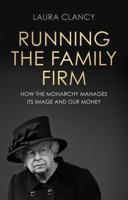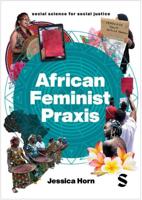Publisher's Synopsis
This paper investigates the relation between women and men's life stages and their time allocation: paid work, household work, childcare and leisure time, and, in particular, how this allocation changes when moving from one stage to another stage. We use a new Danish panel dataset merged with Danish administrative register data, which allows for analysing the impact of individual, endogenous characteristics of the respondents such as preferences for doing specific activities. We find that the labour supply of fathers to pre-school children is not different from that of young men without children, while there is a negative correlation between mothers to pre-school children and young women's labour supply. Comparing fathers and mothers to school children with those to pre-school children, we find a positive correlation in both sexes labour supply. However, fixed effects estimations do not result in a reduction in mothers, nor in fathers, to pre-school children's labour supply indicating that there are some inborn characteristics for the other life-stage changes which are not revealed by doing ordinary cross-sectional analyses.










